Meet in The Woman Post different perspectives of the same point in women experts who fight for various reasons for gender equality.
An article called “Inclusive language: beyond linguistics” published by Nora Valenzuela Llorente, Bachelor of the University of Heidelberg and Master in International Public Policy at UCL revealed that inclusive language refers to a language that directly and consciously includes men and women alike.
In addition, he emphasized research from Harvard University in the United States that is based on 3 studies that are related. These analyses use non-inclusive language in job offers and cause women to have feelings of exclusion, lack of identity, and even less motivation. That is why it concludes that non-inclusive language is not discrimination in our society.
Carolina Tosi: the richness of inclusive language is a female linguistic reflection
Carolina Tossi, Ph.D., from the University of Buenos Aires with a major in Linguistics and Bachelor of Arts from the UBA, suggests that inclusive language and inclusive language be made visible in demographic groups with gender identity and sexual orientation. The leader managed to open debates beyond language and grammar, with female voices for and against.
On the other hand, he published an article called “Style sheets for inclusive language: an analysis about style correction practices in the editorial field” in the Exlibris Magazine in 2020, where he proposes to investigate the practices of style correction in connection with the phenomenon of inclusive language. The expert seeks to contribute to the reflective work on the use of Spanish in writing, proofreading, and editing practices in the publishing field.
María Sol Torres Minoldo: the degenerate language
In an article called “Two CONICET researchers, two approaches to inclusive language” published in 2019 by Natalia Behar Sosa on the official website of CONICET, she considers that she is in favor of the implementation of co-writes in the article “The Degenerate Language“. In addition, it suggests that there is no hard evidence about the effect of sexist language. Some experiments support the ability of language in women in different aspects; however, the weight of grammatical gender attributes to asexual concepts.
Lucía Estevan Reina and Soledad de Lemus: non-sexist language
An article called “UGR researchers defend the importance of inclusive language in the fight against gender inequality” by Lucía Estevan Reina and Soledad de Lemus and published on the official website of the University of Granada in 2020 revealed that both consider it necessary to present the findings of the scientific community in the fight against inequality. Lucía Estevan Reina, Researcher at the UGR, suggests that the use of masculine is done generically to refer to men and women. Recently, in the International Journal of Social Psychology, he published a paper on the negative influence of inclusive language.
Inclusive language for both experts was introduced to reduce stereotypes and discrimination. However, the two researchers implement two strategies between them feminization and neutralization, which serve to claim greater diversity in gender representation. Specialists argue that there is evidence in favor of this expression to build just and egalitarian societies.
In short, several leaders express their various reflections in favor of inclusive language, to progress academically, grammatically, and of course creatively in favor of the entire female gender. The important thing is that there is a response to the claim of communities that reflect a transformed society where women achieve their own gender identity, with their ideologies and criteria.




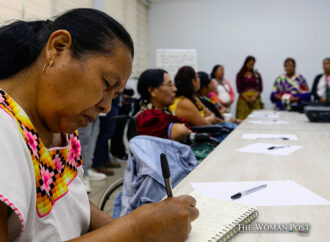



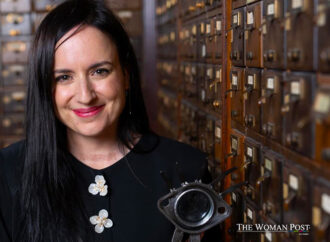





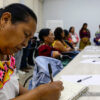






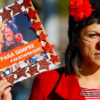


Leave a Comment
Your email address will not be published. Required fields are marked with *